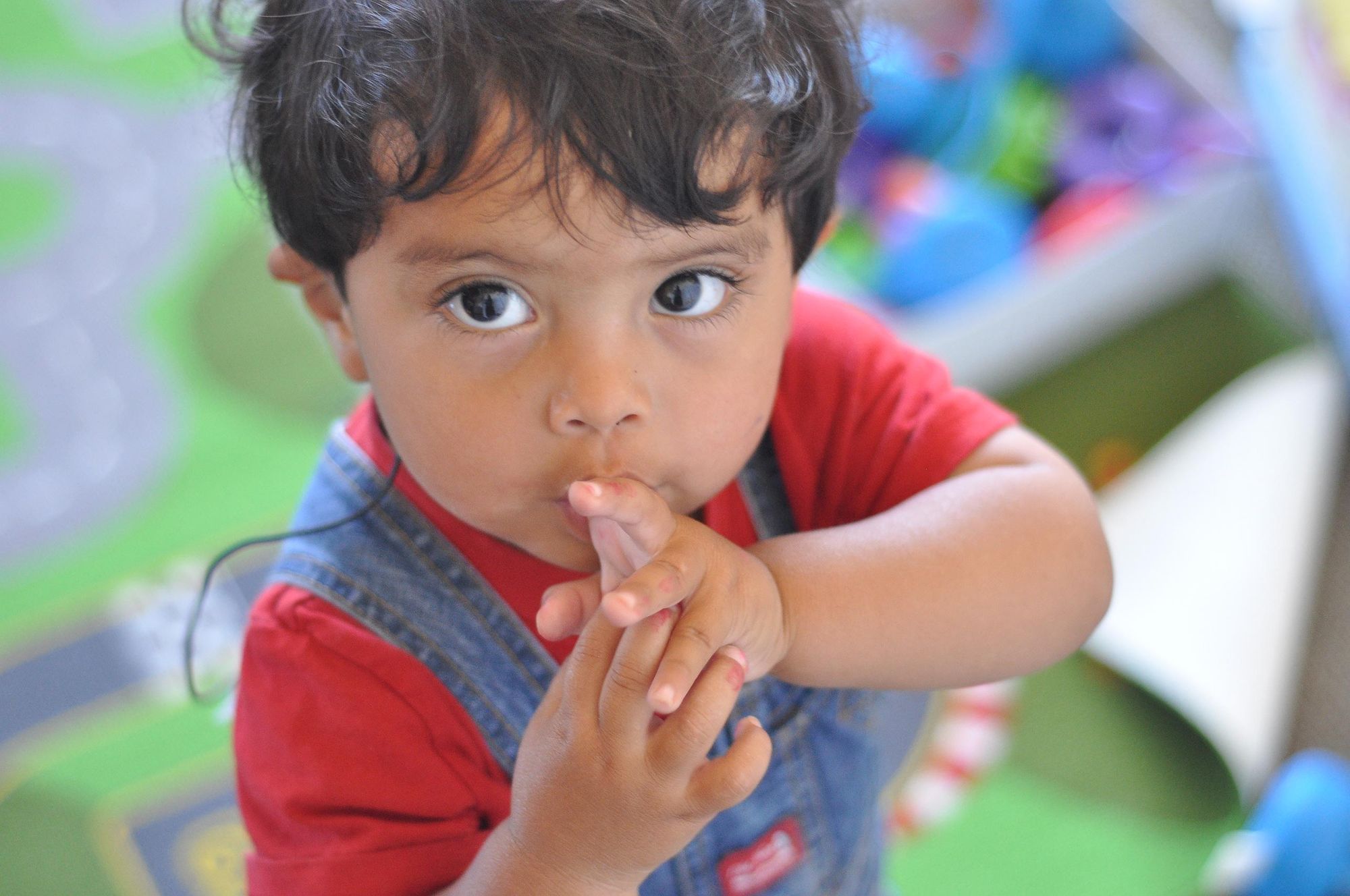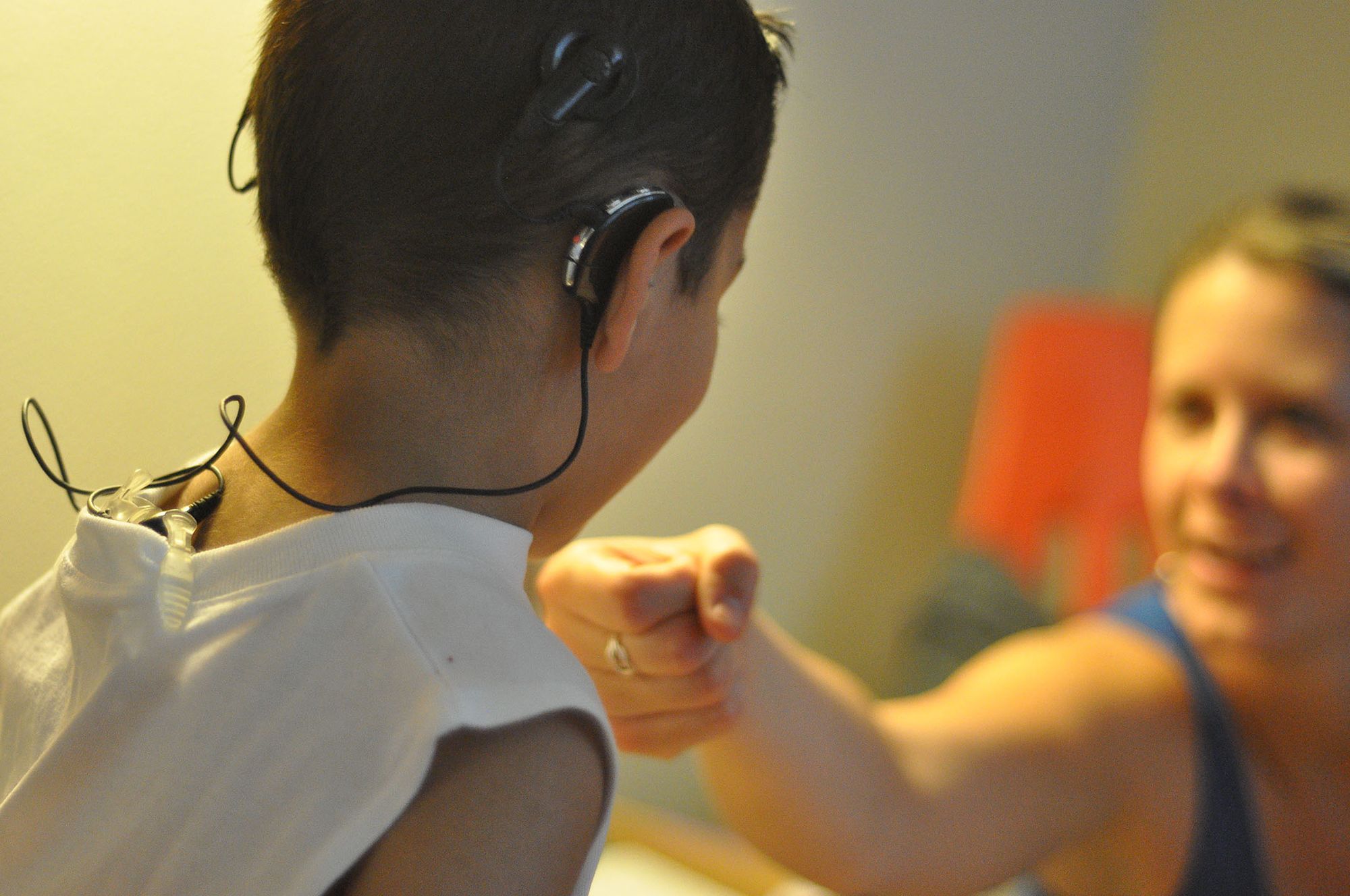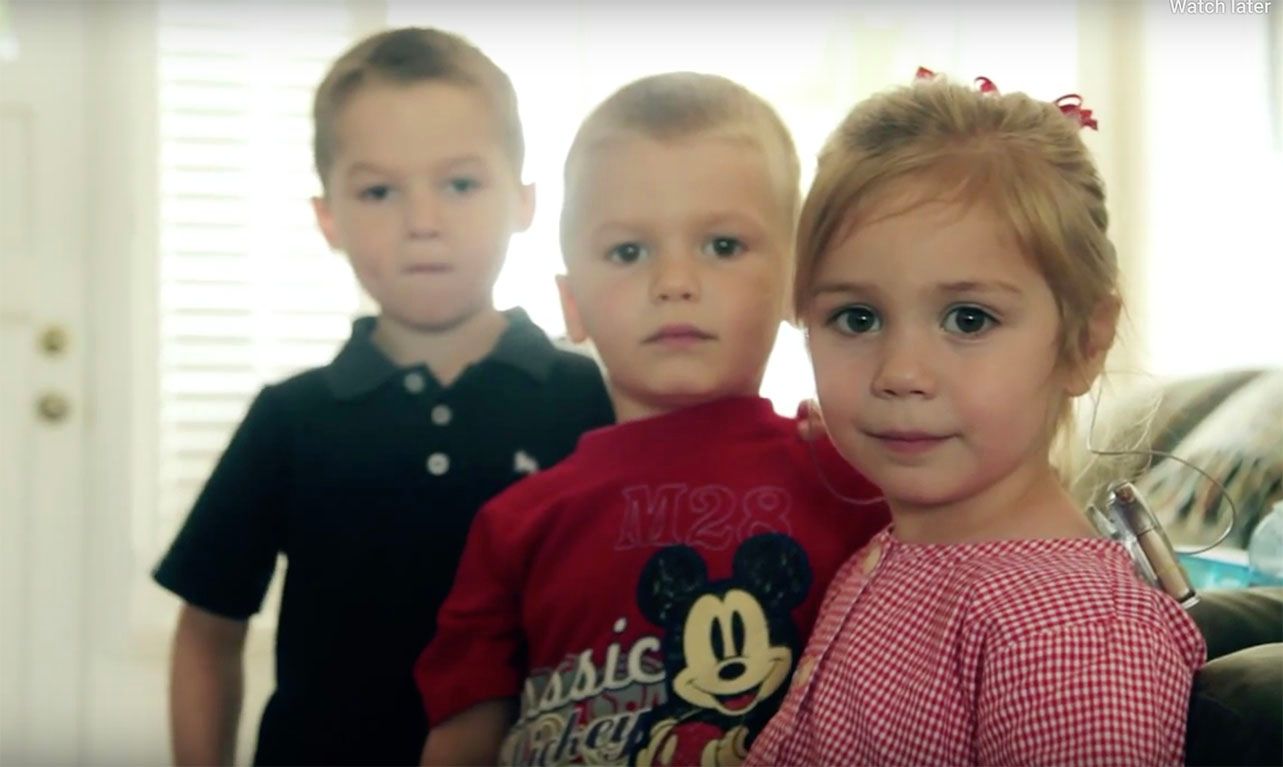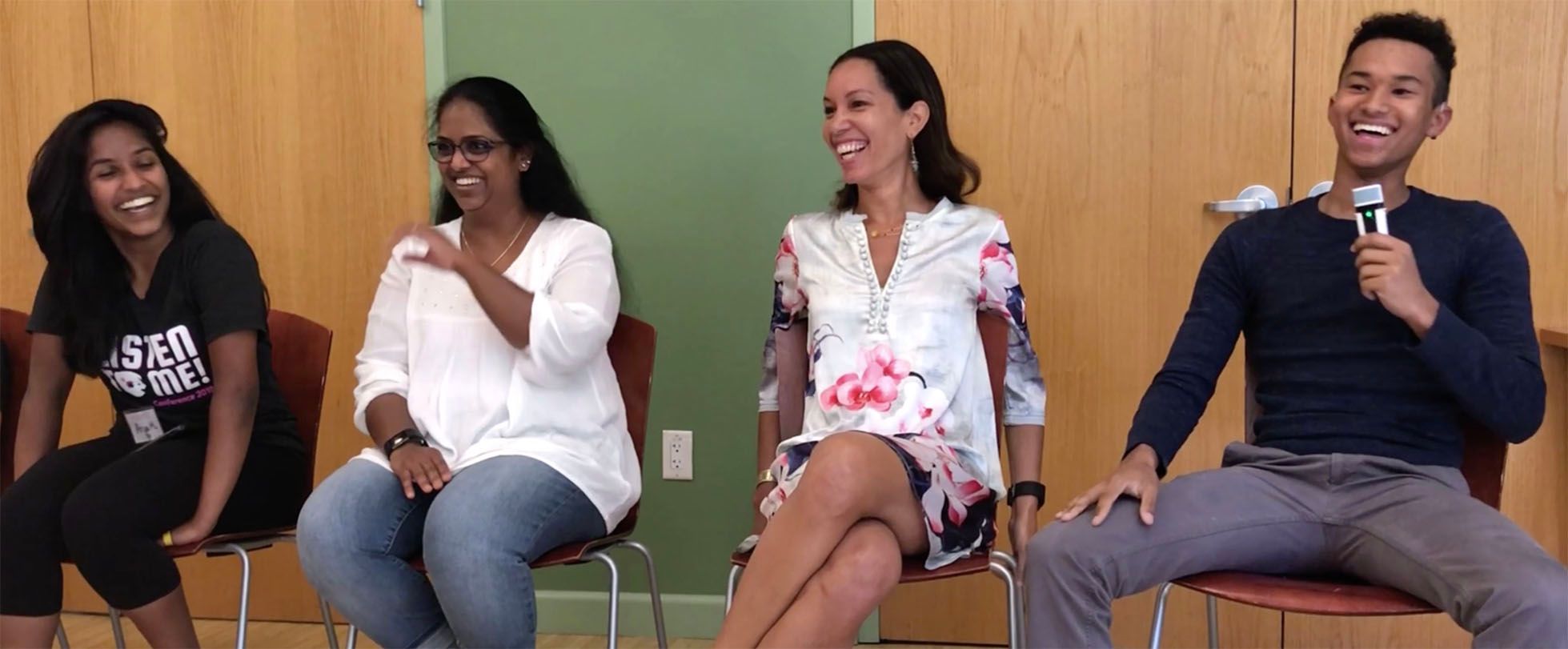
-
Outcomes
-
Listen to Me!® is a catalyst for change.
-
Listen to Me! Outcomes
Our latest research efforts have revealed powerful changes in the families we serve. Upon attending Listen to Me!®, family members are quick to see what is possible when their children receive cochlear implants and the therapeutic and educational services required to achieve optimal results. Program outcomes, which are based on empirical and scientific measurements, include the following:
Other important benefits to empowering children with hearing loss to listen and speak:

Educational advancement
- The children’s acquisition of language and use of speech improves practically all aspects of their education and social relationships.
- Students that are confident in their use of language are more likely to initiate, becoming more engaged in the educational process.
- Parents know how to advocate for their child to receive the most appropriate services so that they will to learn to listen and talk.
- Parents possess the knowledge specific to listening and spoken language development that is critical to their child’s success.

Financial relief
- Financially, teaching a child with profound hearing loss to listen and speak early in life saves over $1 million in state and federal aid to that person over a lifetime.
- As well, the costs of caring for a family member with hearing loss, especially to a family of limited financial means, can be devastating.
- The ability of the person with profound hearing loss to contribute to society and the economy can also be a challenge. However, the effect of this medical condition that affects so many can be almost entirely alleviated with a limited amount of resources now, at the earliest stages of the child’s life.
- When early intervention occurs, the economic benefits are ongoing: Children are more likely to grow up to be contributing members of society and not depend on state-funded support for their loss of hearing;
- Parents are less likely to become distressed about their child if the child is succeeding and acquiring listening and speaking skills. Parents, in turn, are better able to contribute to society when they are in states of good mental health.

Emotional support
- An intimate relationship based on language is a profound emotional outcome that serves to bind us all together.
- This is the case when a child steps from a world of deafness and silence and into the hearing and speaking world. This is a transformative experience of the highest order in life—for the child, for his or her family, and for the therapists, educators and doctors involved.
- To think that not so many years ago the children we help would have had no hope of ever hearing or speaking—and to see them now, in school, chatting away with the other children in their class—continues to inspire everyone associated with the Baker Institute, and to guide us on our mission to expand our work to help as many children as possible.

Mindset shift
- How parents frame deafness is critical to the future development of the child. The mediating link is expectations that the parents have for the child.
- The Listen to Me! program significantly raises the expectations of parents of deaf children. They come to understand that their children can perform just as well if not better than their hearing peers.
- This shift in perception in the parents’ minds influences the way they relate to their children in powerful ways.
- It motivates both parent and child to push themselves to demand more and to pursue higher levels of social and intellectual performance.
- This is critical for performance in school and in life.
- Parents learn to advocate for their child and equip them with the tools they need to thrive in today’s world.